Versión en Español
El HOMBRE COMO ARGUMENTO.
Un texto sobre la pregunta por el ser del hombre.
Hola Hivers amantes de los libros
Bienvenidos a mi blog
Hoy quiero hablarles sobre mi texto favorito de Antropología filosófica. Es un libro escolar, pero no por eso es un texto que deba ser subestimado. Me acerqué por primera vez a el en mi primer año de carrera universitaria, fue un texto al que le dedicamos por lo menos par de meses de estudio en la cátedra Antropología Filosófica.
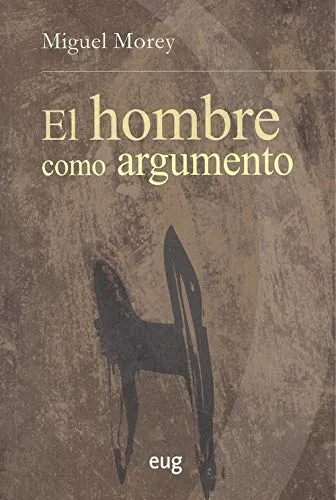
Antes de entrar en la obra en sí, quiero hablarles del autor, Miguel Morey quien ha desempeñado gran parte de su vida a la filosofía académica en la universidad de Barcelona, España. Aunque tambien ha impartido clases en lugares como:
Amherst (Massachusetts), Buenos Aires, Columbus (Ohio), Lisboa, Wisconsin, Managua, México DF, Milán, Múnich, entre otros.
Especializado en la filosofía francesa de corte nietzscheano. Ha traducido al español obras importantes de Foucault y Deleuze y Giorgio Colli.
Ahora bien, este texto que les presento hoy de su propia cosecha es una obra magistral a mi parecer, no por su extensión, que no excede a la media. Sino por su contenido, ya que se plantea de modo brillante la importancia de la pregunta por el ser del hombre y además cuestiona a la Antropología filosófica como disciplina; a su vez cuestionando lo filosófico y lo antropológico.
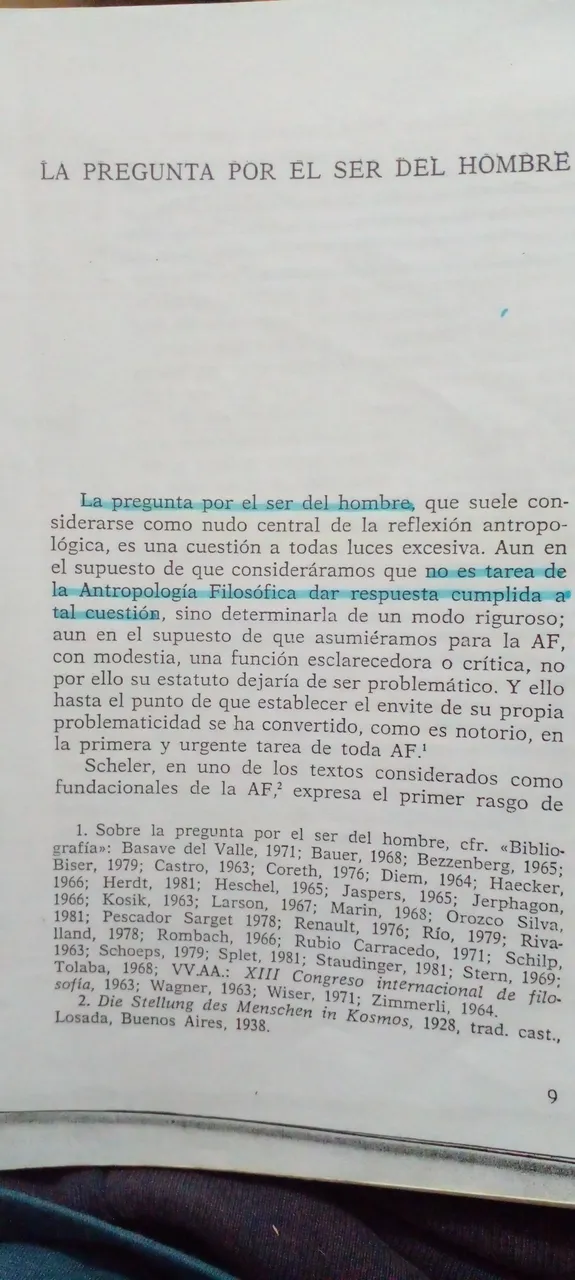
La primera vez que lo leí me pareció un golpe, un texto no muy sencillo de enganchar por su estilo de escritura, Miguel Morey tiene la particularidad se escribir como piensa. Haciendo un tanto complejo el captar a plenitud muchas de las ideas planteadas, o por lo menos no con la primera lectura.
Personalmente es un texto al cual recurro más de lo habitual. Debo confesarles que si debo viajar por más de 15 días a algún lugar lejos de mí pequeña biblioteca personal, este texto viaja conmigo.
Sin ánimos de hacerles spoilers, sino más bien motivarles a que se acerquen al texto, les diré sin revelar mucho las ideas que más me han influenciado y me han propiciado profundas reflexiones a nivel antropologíco.
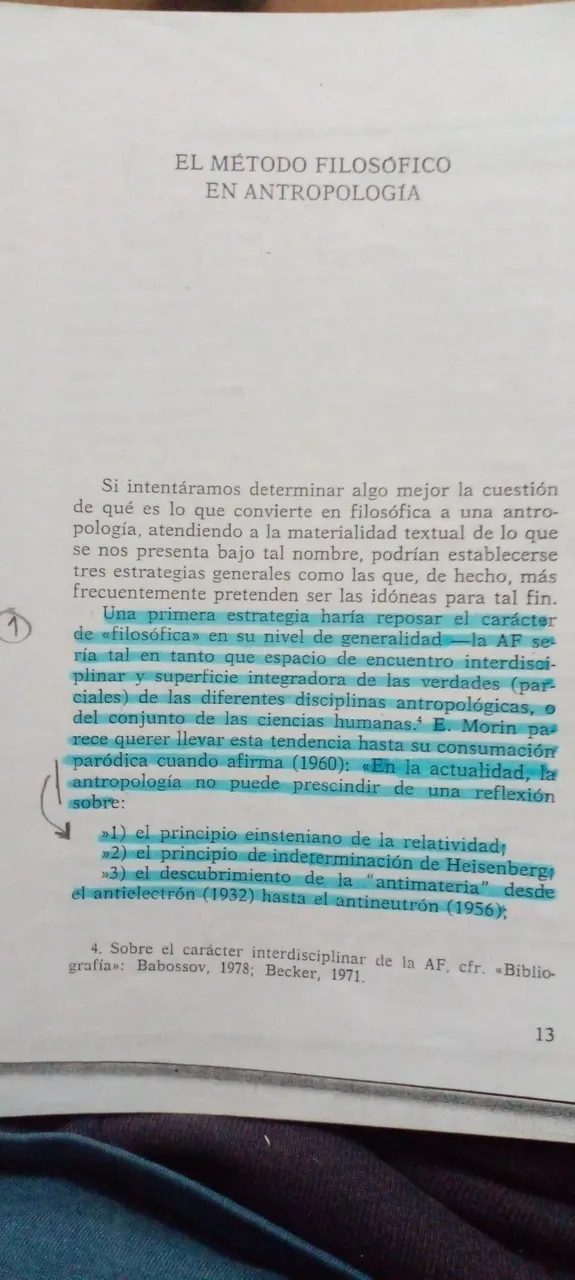
La importancia de una antropología filosófica, pensar lo problemático del ser del hombre, estar conscientes y saber qué preguntamos cuando preguntamos ¿qué es el hombre?
Pensar en el método, todo pensar o reflexionar procede de un método previo, pero descubrir los métodos implícitos es poder saber si se accede a la cuestión del saber sel hombre de manera legítima.
También desvela los métodos utilizados por las diversas antropologías filosóficas. A qué metodos filosóficos recurre o debe recurrir para ser verdaderamente una antropología filosófica.
La ciencia o las otras antropologías como la cultural, qué juego o rol desempeñan en torno a la Antropología filosófica.
Mi capitulo favorito es donde el autor expone las preguntas Kantianas.
- ¿Qué puedo saber? (Conocimiento)
- ¿Qué debo hacer? (Ética)
- ¿Qué me está permitido esperar?(Metafísica)
Preguntas que se resumen en una sola:
¿Qué es el hombre?
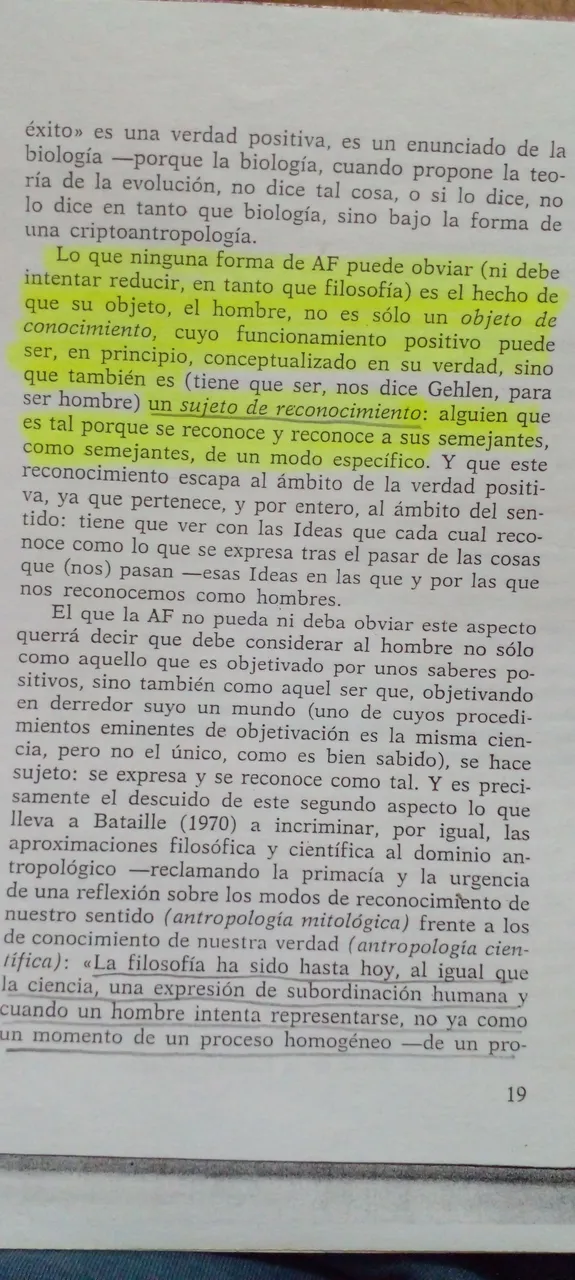
Exponiendo el pensamiento antropologíco de Kant y como nos puede ayudar en nuestra comprensión de nosotros mismos.
También, otra de las cosas que me enganchó del texto es la lucidez y responsabilidad del autor en exponer que el ser humano es el único ser que se pregunta por su ser, y aún va más allá, el ser humano es el único ser que se pregunta por cómo preguntarse por su propio ser.
Como ser humano somos a la vez, sujeto que conoce y objeto por conocer. En resumen somos un ser que nos representamos. La manera que encontró Kant para entender esté dilema, fue pensando en una bi-partición del yo.
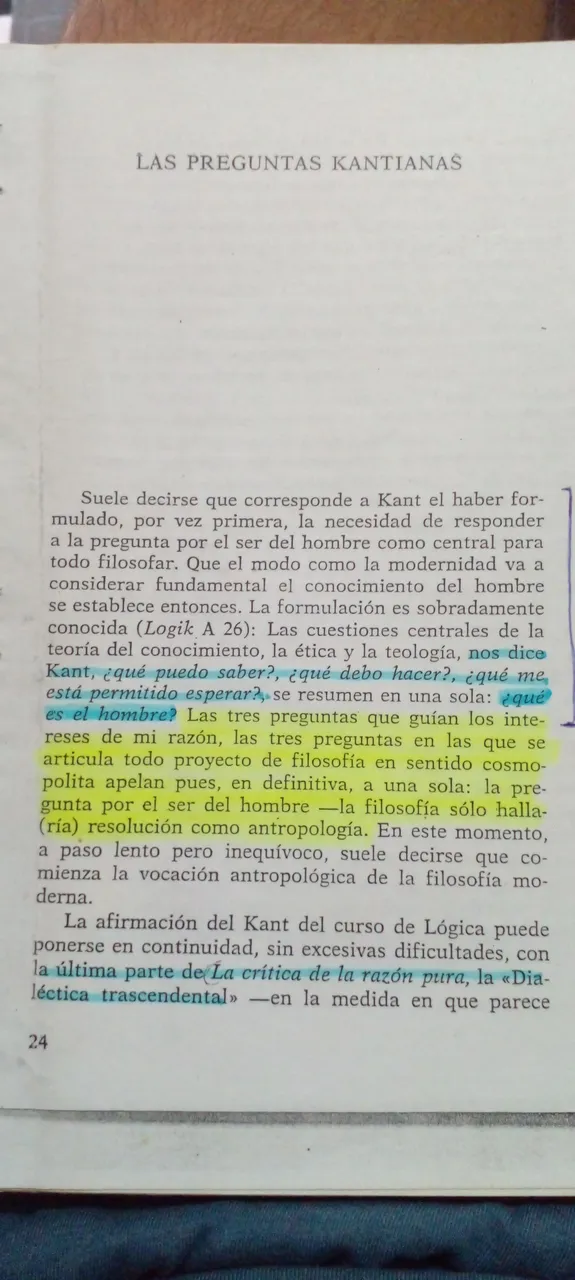
Nuestro ser congrega un yo que representa y un yo que es representado, a la hora de preguntarnos por nosotros mismos. Miguel Morey hace un brillante recorrido por el pensamiento de varios filósofos que por separado lanzan ideas variopintas que juntas nos pueden ayudar a comprender lo difícil qué resulta comprendernos.
Gracias por visitar mi blog
Espero haber alimentado tu curiosidad por el texto.
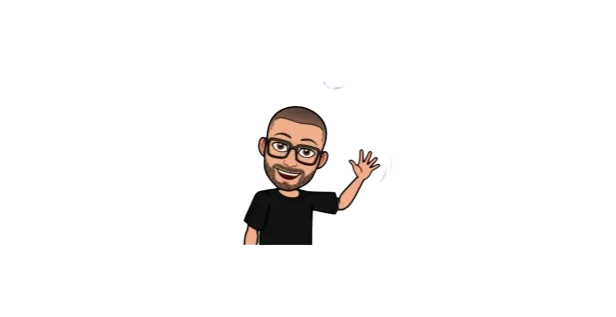

English version
Hello Hivers book lovers
Welcome to my blog
Today I want to tell you about my favorite text in Philosophical Anthropology. It is a school book, but that does not make it a text to be underestimated. I first approached it in my first year of college, it was a text that we devoted at least a couple of months of study to in the Philosophical Anthropology course.

Before going into the work itself, I want to tell you about the author, Miguel Morey, who has spent a great part of his life in academic philosophy at the University of Barcelona, Spain. Although he has also taught at places like:
Amherst (Massachusetts), Buenos Aires, Columbus (Ohio), Lisbon, Wisconsin, Managua, Mexico DF, Milan, Munich, among others.
Specialized in French philosophy of Nietzschean style. He has translated into Spanish important works of Foucault and Deleuze and Giorgio Colli.
Now, this text that I present to you today is a masterful work in my opinion, not because of its length, which does not exceed the average. But for its content, since it brilliantly raises the importance of the question of man's being and also questions philosophical anthropology as a discipline; in turn questioning the philosophical and the anthropological.

The first time I read it I found it a shock, a text not very easy to engage because of his writing style, Miguel Morey has the particularity of writing as he thinks. Making it somewhat complex to fully grasp many of the ideas raised, or at least not with the first reading.
Personally, it is a text to which I resort more than usual. I must confess that if I have to travel for more than 15 days somewhere far from my small personal library, this text travels with me.
Without wanting to give you spoilers, but rather to motivate you to approach the text, I will tell you without revealing too much the ideas that have influenced me the most and have led me to deep anthropological reflections.

The importance of a philosophical anthropology, to think about the problematic of man's being, to be aware and to know what we ask when we ask what is man?
To think about the method, all thinking or reflecting comes from a previous method, but to discover the implicit methods is to be able to know if the question of knowing man's self is accessed in a legitimate way.
It also reveals the methods used by the various philosophical anthropologies. To what philosophical methods it resorts or must resort to in order to be truly a philosophical anthropology.
Science or other anthropologies such as cultural anthropology, what game or role do they play in relation to philosophical anthropology.
My favorite chapter is where the author exposes the Kantian questions.
- What can I know? (Knowledge)
- What ought I to do? (Ethics)
- What am I allowed to hope for (Metaphysics).
Questions that can be summed up in a single one:
What is man?

Exposing Kant's anthropological thought and how it can help us in our understanding of ourselves.
Also, another of the things that hooked me of the text is the lucidity and responsibility of the author in exposing that the human being is the only being that wonders about his being, and even goes further, the human being is the only being that wonders how to wonder about his own being.
As a human being we are both a subject that knows and an object to be known. In short, we are a being that represents ourselves. The way Kant found to understand this dilemma was to think of a bi-partition of the self.

Our being congregates a self that represents and a self that is represented, when we ask ourselves about ourselves. Miguel Morey makes a brilliant journey through the thought of several philosophers who separately launch diverse ideas that together can help us to understand how difficult it is to understand ourselves.
Thanks for visiting my blog
I hope I have fed your curiosity about the text.


